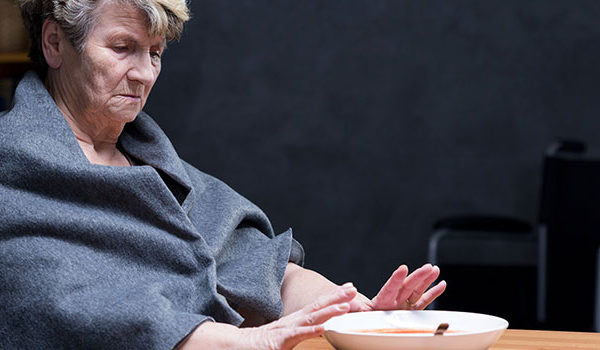Help ensure your ageing parents continue living in a safe environment at home
For most of us, it’s often preferable to be able to age in our own homes where we know the lay out and feel comfortable. Doing this safely means making a few changes to ensure that your elderly parent can stay in their own home without complications.
1. Simple bathroom modifications
You don’t have to make big adjustments to the bathroom to make it a safer place for ageing parents to be. For example, a waterproof seat in the shower helps to reduce the potential for a fall on a wet surface. A raised toilet seat and grab handles on the walls can make it safer for elderly relatives to negotiate daily routines and tasks.
2. Removing the risk of rugs
Rugs are a trip hazard for anyone, and especially so for those with mobility difficulties or are using a walker or stick, for example. It makes sense to remove rugs that could present a trip or slip hazard. If your relative is particularly attached to their rugs, you can ensure that their edges are secure so that there is no potential to trip, and slip mats can be used to secure them in place.
3. Easier entry
Gripping door knobs or dealing with the weight of sliding glass doors can be tricky for older people, especially for those with arthritis. Replacing door knobs with handles that are easier to grip and operate can make it easier. Replacing sliding doors with a newer model can be a sensible idea, as they tend to be lighter, sturdier and easier to grasp.
4. The issue of steps
Steps and stairs are a tough challenge for anyone who is frailer, with less mobility or are unsteady on their feet. Replacing entranceway stairs with a ramp can make it much easier for ageing parents to access their home. Inside the home, lifts help to make stairs safer, whether that’s a chair lift or a home lift installed between floors.
5. Fitting safety features
Start by looking at the particular safety issues that face your ageing parent and then seeking out solutions to solve them. For example, an elderly relative with dementia might benefit from appliances that shut off automatically if they are forgotten. Also check their home for things like fire alarms, carbon monoxide and gas detectors, as well as ensuring these devices have regular battery replacements.
6. Creating a support network
A support network is essential for ensuring that an elderly parent can remain safely in their own home. Regularly checking in with your parent to make sure they are happy and feeling safe provides reassurance for everyone. You can also set up local networks, including friendly neighbours who are happy to get in touch if there is a situation or anything that triggers concern.




